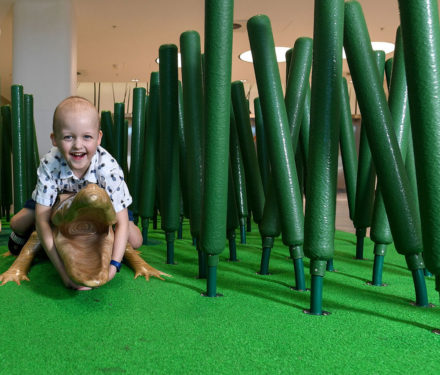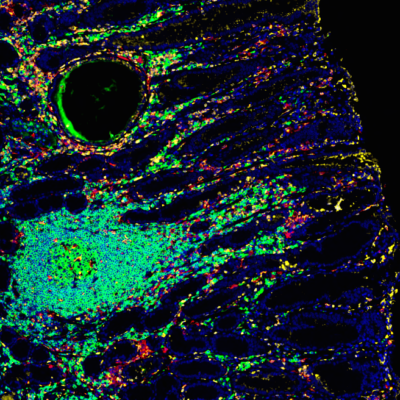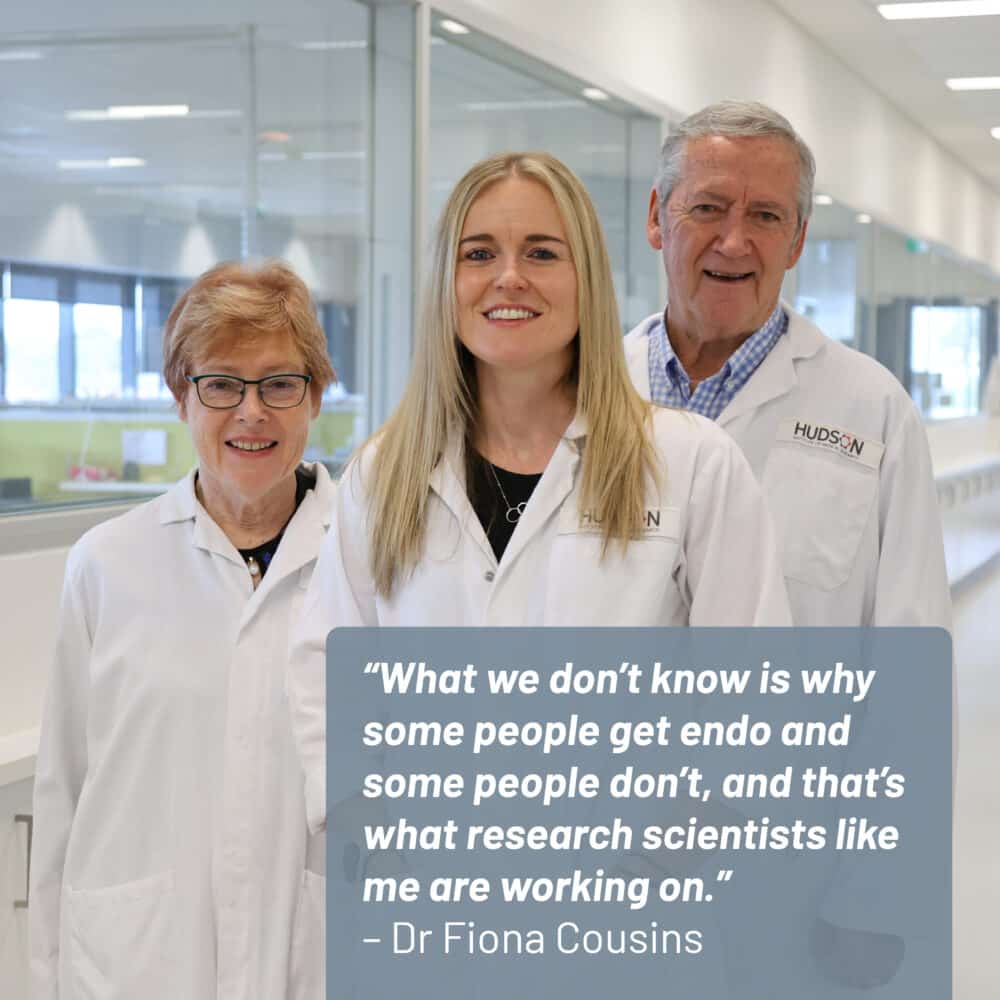RNA platelet discovery could ease load on blood donors
By Rob Clancy, staff writer
A significant RNA platelet discovery has brought off-the-shelf blood transfusions a step closer. The discovery could help patients needing a transfusion of platelets, such as cancer patients undergoing chemotherapy.

Platelets are the smallest of all blood cells; they circulate in the bloodstream and bind together when they recognise damaged blood vessels, making them a vital part of the body’s response to bleeding.
RNA regulatory protein discovered
Now researchers led by Dr Minna-Liisa Änkö at Hudson Institute and Prof Susie Nilsson, Research Director for Biomedical Manufacturing at Australia’s national science agency CSIRO, have discovered a protein which is crucial to the role RNA regulatory plays in the production of platelets.
Their latest research, published in the prestigious journal, Blood, gives hope that one day platelets may be able to be manufactured, reducing the reliance on blood donations for transfusions to cancer patients, among other uses.
“We were able to characterise in molecular detail the cell that is best at making platelets and show that in the absence of this protein (serine-arginine rich splicing factor 3, or SRSF3) these efficient platelet producers were absent,” Dr Änkö said.
RNA platelet discovery informing new treatments
Platelets carry no DNA, but they do carry RNA, and SRSF3 defines the types of RNA that are present.
“The protein, SRSF3, is like a designer that plans how the RNA landscape of these cells looks. A good design is also functional, and similarly the correct RNA landscape enables the functions of these cells,” she said.
“It’s a really significant discovery, because RNA is emerging as a powerful and easily adaptable therapeutic molecule, as seen by the rapid development of effective mRNA vaccines, and it also has many potential diagnostic uses as well,” Dr Anko said.
“However, we need a detailed knowledge of RNA regulatory in cells in order to realise the full potential of RNA-based therapeutic and diagnostic uses,” she said.
This is the type of discovery that could inform major new treatments in the years to come.
“Understanding which cells are best at producing platelets could make it possible for them to be manufactured in vitro without the need for blood donors,” Dr Änkö said.
Contact us
Hudson Institute communications
t: + 61 3 8572 2761
e: communications@hudson.org.au
About Hudson Institute
Hudson Institute’ s research programs deliver in five areas of medical need – inflammation, cancer, reproductive health, newborn health, and hormones and health. More
Hudson News
Get the inside view on discoveries and patient stories
“Thank you Hudson Institute researchers. Your work brings such hope to all women with ovarian cancer knowing that potentially women in the future won't have to go through what we have!”






